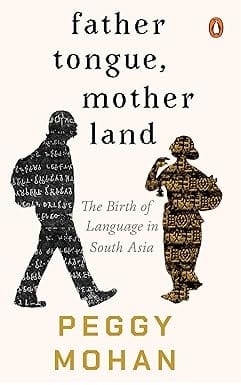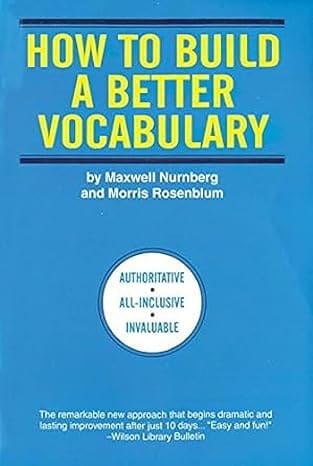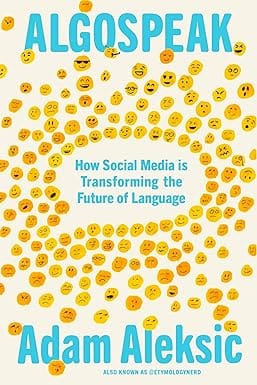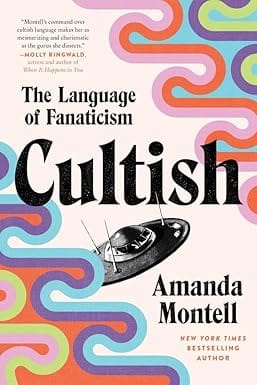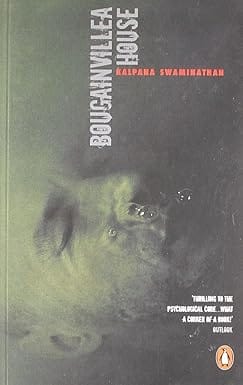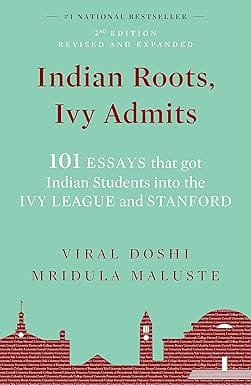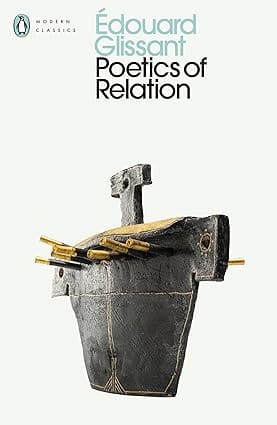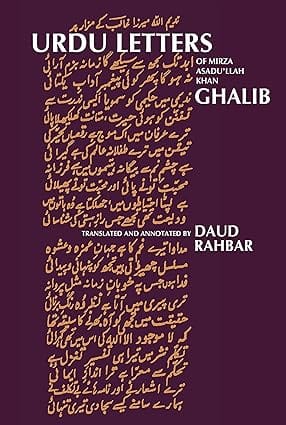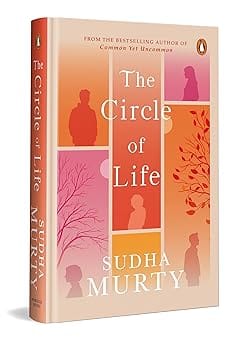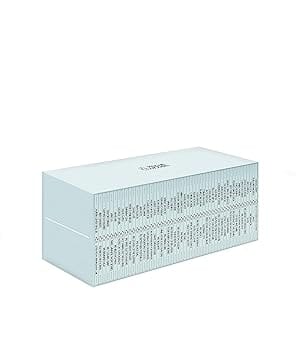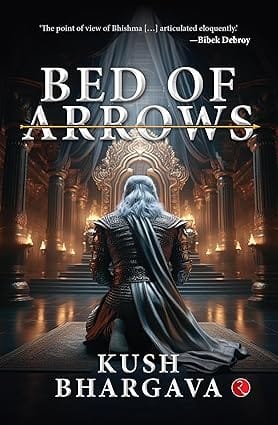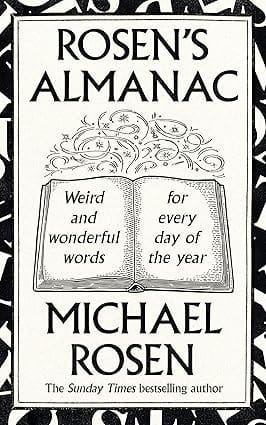- Non-ficton
- Non-ficton
- Contemporary Fiction
- Contemporary Fiction
- Children
- Children
- Comics & Graphic Novels
- Comics & Graphic Novels
- Non-Fiction
- Non-Fiction
- Fiction
- Fiction
How do languages mix? Does it begin in chaos, new migrants and old inhabitants needing a pidgin to communicate? Or does it happen more smoothly, in stages? And what is a prakrit? Why do we hear only of prakrits, and never of pidgins, in South Asia?
In Father Tongue, Motherland, Peggy Mohan looks at exactly how the mixed languages in South Asia came to life. Like a flame moving from wick to wick in early encounters between male settlers and locals skilled at learning languages, the language would start to ‘go native’ as it spread. This produced ‘father tongues’, with words taken from the migrant men’s language, but grammars that preserved the earlier languages of the ‘motherland’.
Looking first at Dakkhini, spoken in the Deccan where north meets south, Mohan goes on to build an X-ray image of a vanished language of the Indus Valley Civilization from the ‘ancient bones’ visible in the modern languages of the area. In the east, she explores another migration of men 4000 years ago that left its mark on language beyond the Ganga-Yamuna confluence. How did the Dravidian people and their languages end up in south India? And what about Nepal, where men coming into the Kathmandu Valley 500 years ago created a hybrid eerily similar to what we find in the rest of the subcontinent?
One image running through this book is of something that remains even when the living form of language fades. Tucked away in how we think and speak now are echoes of our history, and the story of ancestors who lived hundreds and thousands of years ago.
Review
As expected, this book is both serious and entertaining, appealing to academics as well as laymen readers like me. ‘Father Tongue' is quite appropriate as a title, and should tickle the curiosity of readers. -- Sumanta Banerjee, eminent journalist and writer
About the Author
- Home
- Language Linguistics & Writings
- Father Tongue Motherland The Birth Of Languages In South Asia
Father Tongue Motherland The Birth Of Languages In South Asia
SIZE GUIDE
- ISBN: 9780670099740
- Author: Peggy Mohan
- Publisher: Penguin Allen Lane
- Pages: 360
- Format: Hardback
Book Description
How do languages mix? Does it begin in chaos, new migrants and old inhabitants needing a pidgin to communicate? Or does it happen more smoothly, in stages? And what is a prakrit? Why do we hear only of prakrits, and never of pidgins, in South Asia?
In Father Tongue, Motherland, Peggy Mohan looks at exactly how the mixed languages in South Asia came to life. Like a flame moving from wick to wick in early encounters between male settlers and locals skilled at learning languages, the language would start to ‘go native’ as it spread. This produced ‘father tongues’, with words taken from the migrant men’s language, but grammars that preserved the earlier languages of the ‘motherland’.
Looking first at Dakkhini, spoken in the Deccan where north meets south, Mohan goes on to build an X-ray image of a vanished language of the Indus Valley Civilization from the ‘ancient bones’ visible in the modern languages of the area. In the east, she explores another migration of men 4000 years ago that left its mark on language beyond the Ganga-Yamuna confluence. How did the Dravidian people and their languages end up in south India? And what about Nepal, where men coming into the Kathmandu Valley 500 years ago created a hybrid eerily similar to what we find in the rest of the subcontinent?
One image running through this book is of something that remains even when the living form of language fades. Tucked away in how we think and speak now are echoes of our history, and the story of ancestors who lived hundreds and thousands of years ago.
Review
As expected, this book is both serious and entertaining, appealing to academics as well as laymen readers like me. ‘Father Tongue' is quite appropriate as a title, and should tickle the curiosity of readers. -- Sumanta Banerjee, eminent journalist and writer
About the Author
User reviews
NEWSLETTER
Subscribe to get Email Updates!
Thanks for subscribing.
Your response has been recorded.

India's Iconic & Independent Book Store offering a vast selection of books across a variety of genres Since 1978.
"We Believe In The Power of Books" Our mission is to make books accessible to everyone, and to cultivate a culture of reading and learning. We strive to provide a wide range of books, from classic literature, sci-fi and fantasy, to graphic novels, biographies and self-help books, so that everyone can find something to read.
Whether you’re looking for your next great read, a gift for someone special, or just browsing, Midland is here to make your book-buying experience easy and enjoyable.
We are shipping pan India and across the world.
For Bulk Order / Corporate Gifting
 +91 9818282497 |
+91 9818282497 |  [email protected]
[email protected]
Click To Know More
INFORMATION
QUICK LINKS
ADDRESS
Shop No.20, Aurobindo Palace Market, Near Church, New Delhi

